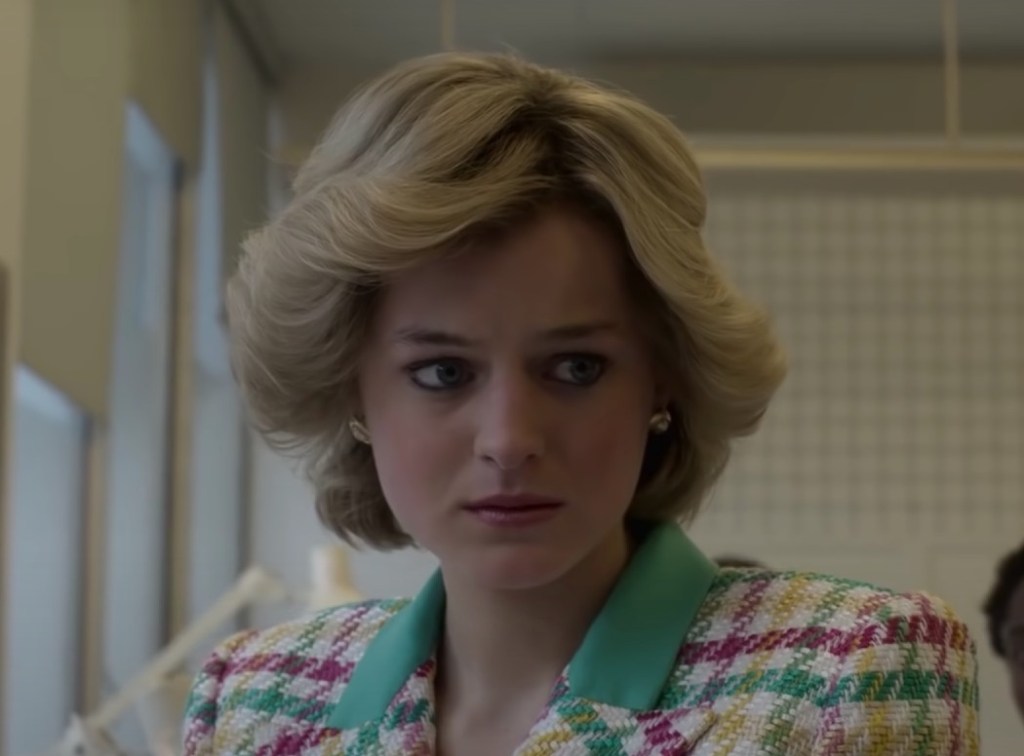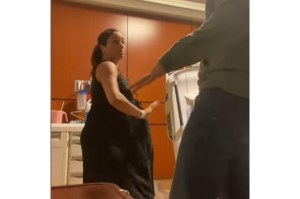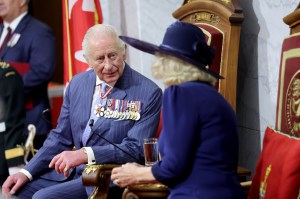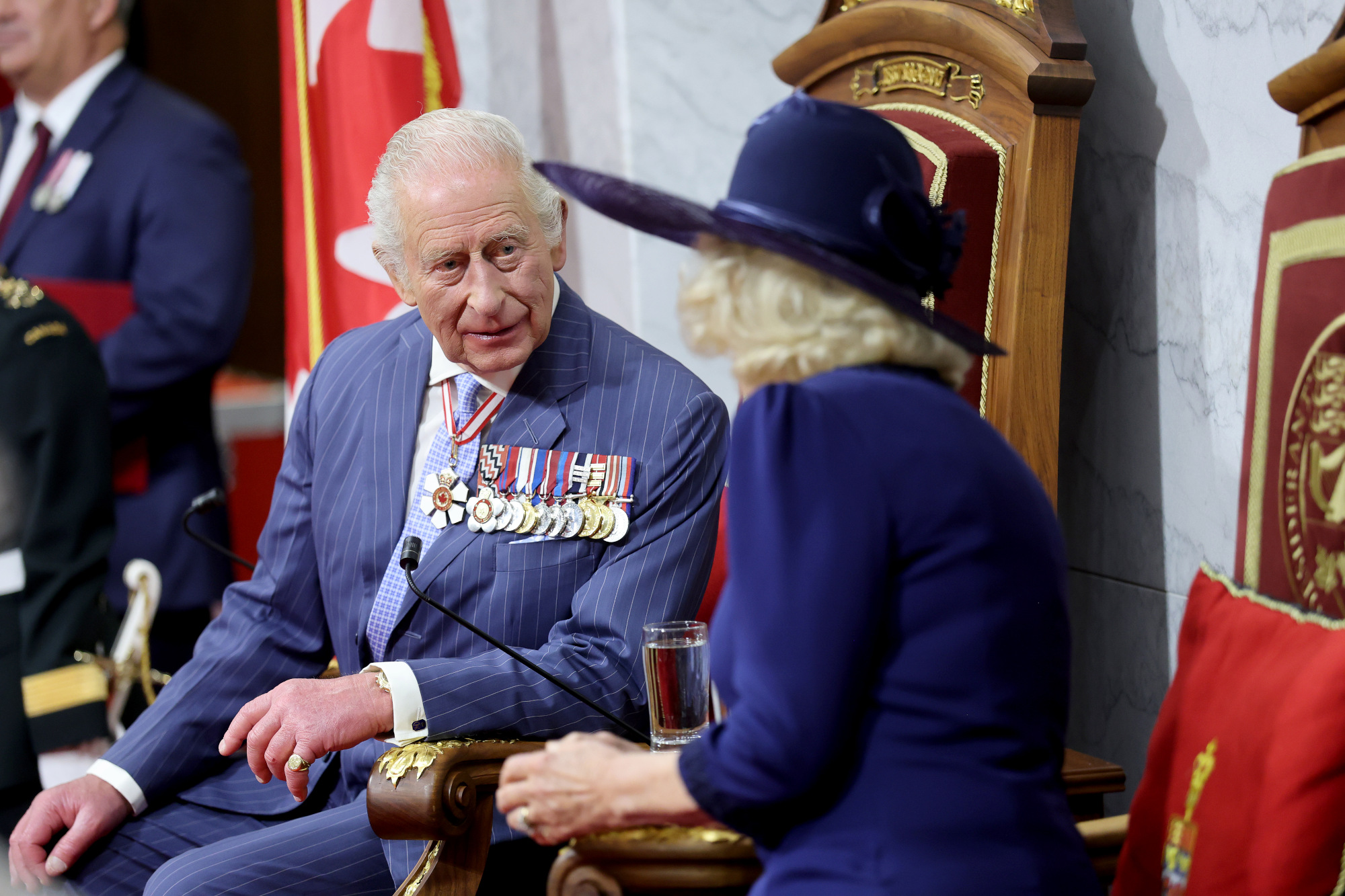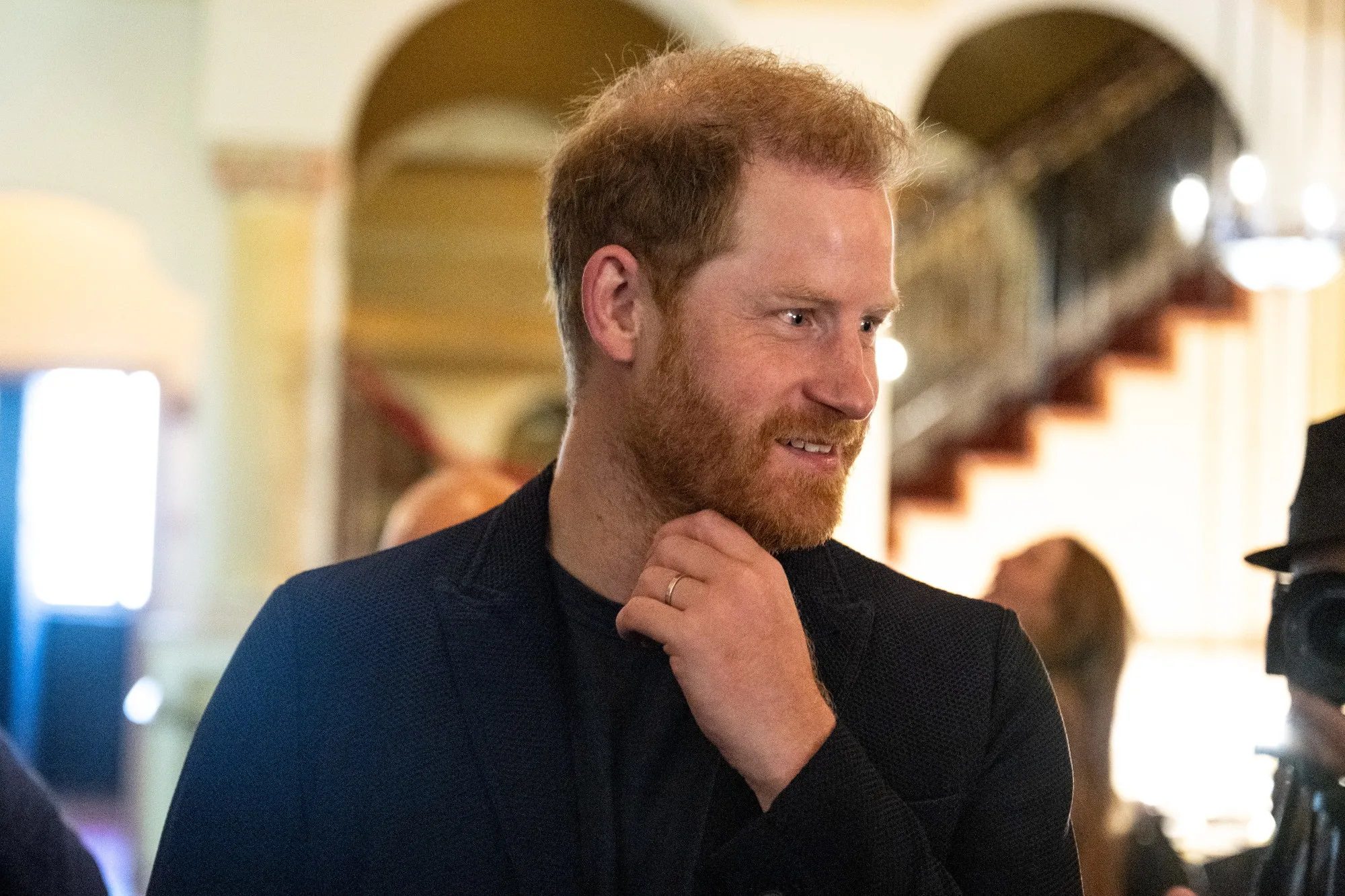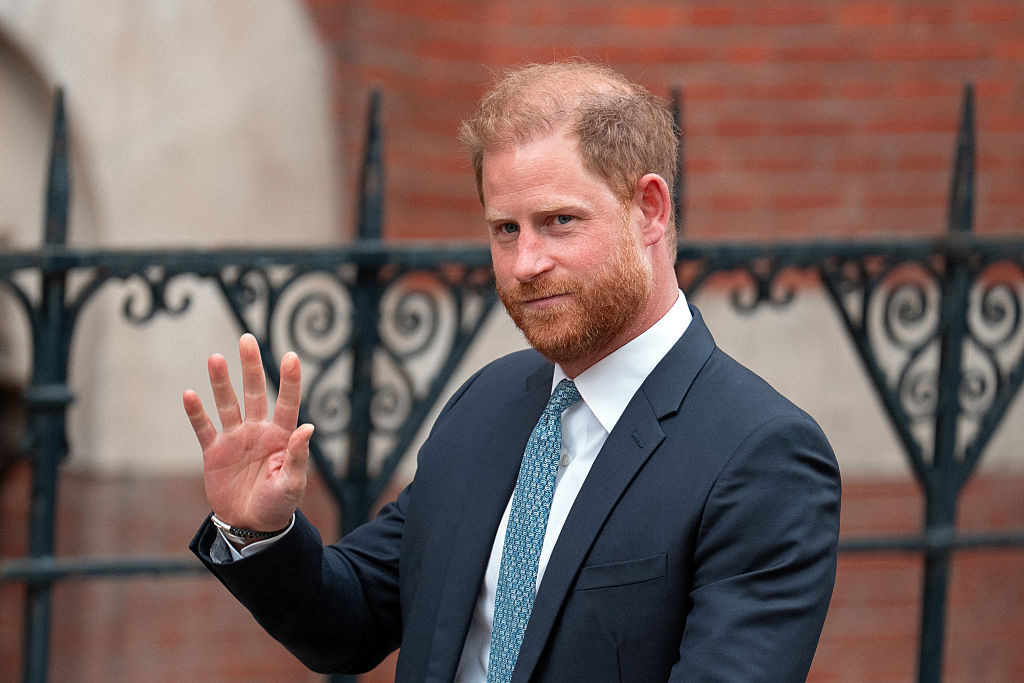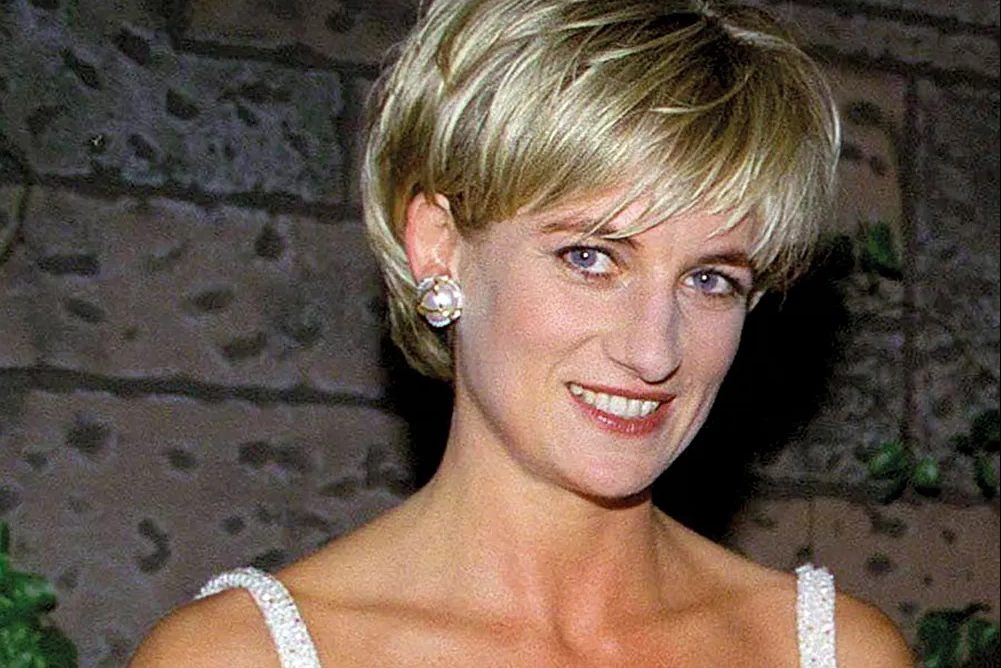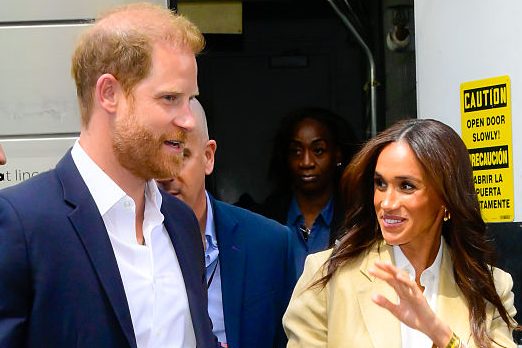Just as the real-life antics of the Royal Family continue to enthrall — and in some cases, depress — so their fictional presentation in the ongoing high-class Netflix soap opera The Crown is eagerly dissected, and garlanded with awards, with each passing season.
The show’s upcoming fifth installment promises to be the most high-profile yet, partly because of its starry cast featuring everyone from Dominic West (as Prince Charles) and Jonny Lee Miller (as Prime Minister John Major) to Lesley Manville (as Princess Margaret) and, unexpectedly, Imelda Staunton as HRH herself. Staunton is not obviously regal casting, but given that her queenly predecessors Claire Foy and Olivia Colman were both garlanded with Emmys and Golden Globes, there is little to suggest that she should not receive similar favor.
However, the strand of the next series that has attracted the most interest and excitement is the Diana storyline, with Elizabeth Debicki replacing Emma Corrin as the doomed princess. The narrative arc is said to encompass her separation and divorce from Charles, her re-emergence as a public figure on her own terms, her romance with Dodi Fayed, as well as, inevitably, her death in a Paris underpass in August 1997. It is this that has already attracted the most controversy, because of rumors that screenwriter Peter Morgan and his team are going to lay the blame at the Royal Family’s door, either implicitly or explicitly.
The signs are all there. The final episode of the fourth series, appropriately named “War,” contained a fiery scene between Diana and Prince Philip in which he appeared to threaten her if she continues to break away from the family, saying, “I can’t see that ending well for you.” And now, Princess Diana’s friend Jemima Khan has stated that she was asked to help contribute to the season five scripts, though she says that “when I realized that particular storyline would not necessarily be told as respectfully or compassionately as I had hoped, I requested that all my contributions be removed from the series and I declined a credit.”
Although a spokesman for the series described Khan as merely “part of a wide network of well-informed and varied sources who have provided extensive background information to our writers and research team,” and claimed that she had never been offered a co-writing credit, the implications of what this lack of respect or compassion might entail are intriguing.
Princess Diana’s death continues to be one of the most widely believed conspiracy theories in existence, with one in four Americans and as many as four in ten British people believing that it was not simply a tragic accident. The choice now available to The Crown writers and producers is a simple one. Will the program present the events of twenty-five years ago as an awful but unforeseen event, or will it introduce its own element of drama into the mix?
So far, the series has preferred to hint rather than state. While it has implied that Prince Philip was unfaithful to the Queen and that he was involved in osteopath Stephen Ward’s “private parties,” which in turn precipitated the Profumo affair, the show has held back from making its conjecture explicit. While it has been heavily criticized by royal historians and commentators for the way it has played fast and loose with history, few viewers have seriously objected to its dramatic license. After all, the understanding seems to be, it’s only entertainment.
Yet its most dramatic and provocative season to date will compel its makers to choose a side of the tightrope. If they toe the party line, they run the risk of being accused of being all foreplay and no climax. But if they dare to suggest — to whatever extent — that the princess’ death was caused by the agency of external forces, whether the security services, the Royal Family or anyone else, then The Crown might turn overnight from glitzy awards magnet into the most controversial, and dangerous, show out there.
Either way, I’ll be there, popcorn in hand, eager to take in the next development in a saga that shows no signs of coming to an end in fictional — or real-life — terms.



